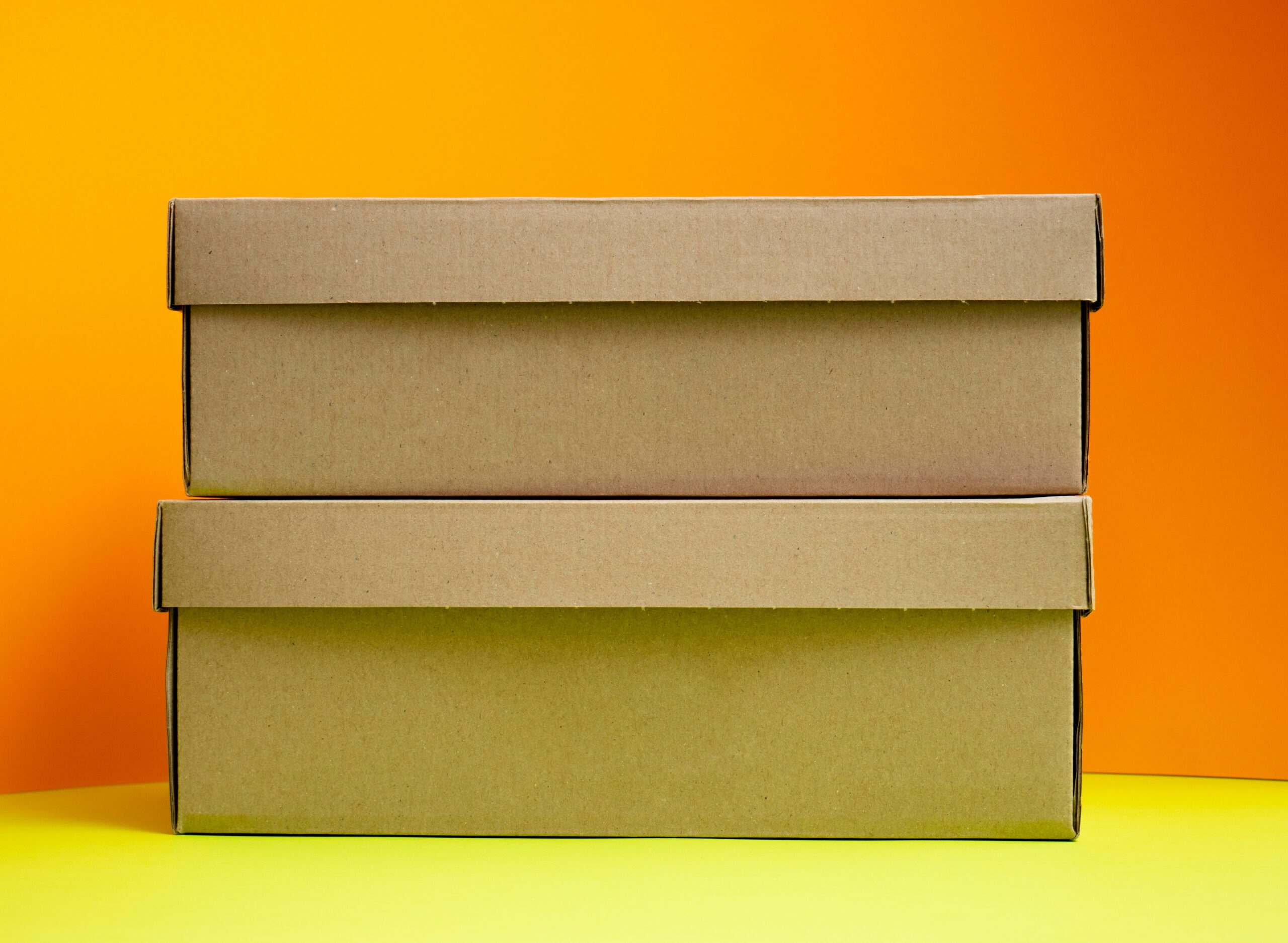If you know what you need to purge but can’t get your mind wrapped around parting with your stuff, or if you’ve been holding onto things “just in case,” you might be dealing with scarcity mindset. Scarcity mindset is a psychological perspective characterized by a belief that resources, opportunities and success are finite, limited and difficult (or impossible) to obtain. If you have a scarcity mindset, you tend to focus on what you lack more than what you have, which can lead to feelings of inadequacy, fear of loss.
Scarcity mindset makes it difficult to declutter your home.
What if you actually do need that? What will you do when you look for it and it’s gone? You might be able to fit back into that, right? Maybe you can save it for when your style changes?
Helpful reminders when you’re struggling to declutter
Almost everything is replaceable.
I guarantee that any item you’re thinking of right now can be shipped to your home in less than 48 hours from any online retailer. That’s the beauty and the curse of the time we’re in – if you want it, you can get it quickly and if you don’t remember you have it, you’ll probably buy it again and add more clutter to your home. Almost everything is replaceable and if it’s not – meaning that it holds deep sentimental value – you should consider keeping and organizing it.
The item isn’t the memory.
I held onto the signage we used in our wedding for as long as I could. They were hand-lettered by a dear friend and it was a reminder of that special day. But they were also taking up space in our garage and because they were large, slick, and all different textures, they were difficult to properly store away. Our photographer took beautiful photos of each sign and even without those photos, I will never forget that perfect day for as long as I live. The items aren’t the memories because the memories live on in your heart and they become a deeper part of you through the years.
3 ways to preserve memories without keeping extra stuff
- Save all of the pictures you can find and neatly organize them
- Journal your memories so that you can read and reflect on them later
- Keep only the item(s) that represents the best part of that memory – for me it was cards and a copy of our hand-lettered wedding invitations
Practice makes it feel less daunting.
Get into the practice of tidying up each day; don’t wait until things pile up. You’re more likely to feel a sense of panic about giving things up when you let them accumulate. Conversely, when you declutter a little each day, you can make steady progress toward your organizing goals without feeling overwhelmed. Daily decluttering can help you save time.
You won’t miss the trash.
The mental clarity from a clutter-free environment surpasses any feelings of regret for the items you tossed or donated. Therefore, you’ll realize that you don’t miss tossed items (or need them) at all.
But wait! Don’t toss these items!
There are a few items you might regret tossing that you might consider organizing, donating or returning instead.
Items that belong to someone else
Always ask permission when tossing someone else’s items and if they want them, set a firm date for pick up or arrange to have them shipped. Decluttering is personal and even if you see it as junk, it’s best to give the original owner the option to do with it what they want.
Seasonal decorations
Some decluttering advice states that you should toss anything you haven’t used in the past six months. So, what should you do about all those holiday decorations? If you know you’re going to use them once a year, detangle, label and store your decorations, don’t toss them.
Photos and heirlooms
Pictures and heirlooms can transport you right back to the scene of the memory. They help tell the story and can replace bulkier items (ahem, wedding signage!). Label and store them away.
Things you love
Decluttering isn’t just about throwing things away from the sake of throwing things away, don’t get rid of items that you love and cherish.
Tax documents and paperwork
Keep your tax returns at least three years from the due date of the return date or the date the return was filed, whichever is later. Take your time sorting through all paperwork so that you don’t accidentally trash something you need, keep car titles, birth and death and marriage certificates and mortgage documents. Invest in a desktop shredder so that the papers you don’t need are gone safely for good.
Decluttering isn’t about lack or sacrifice, it’s about making room for what truly matters to you. If you’ve been struggling to get your mind right to tackle your clutter, take it slow. One box, one drawer, one section of your closet at a time. Remember why you started and focus on everything you’ll gain by living clutter-free.
Need help decluttering your home but not sure where to start? Subscribe to my free decluttering email series – packed with best practices, sustainable tips and a helpful checklist to keep you on track.

